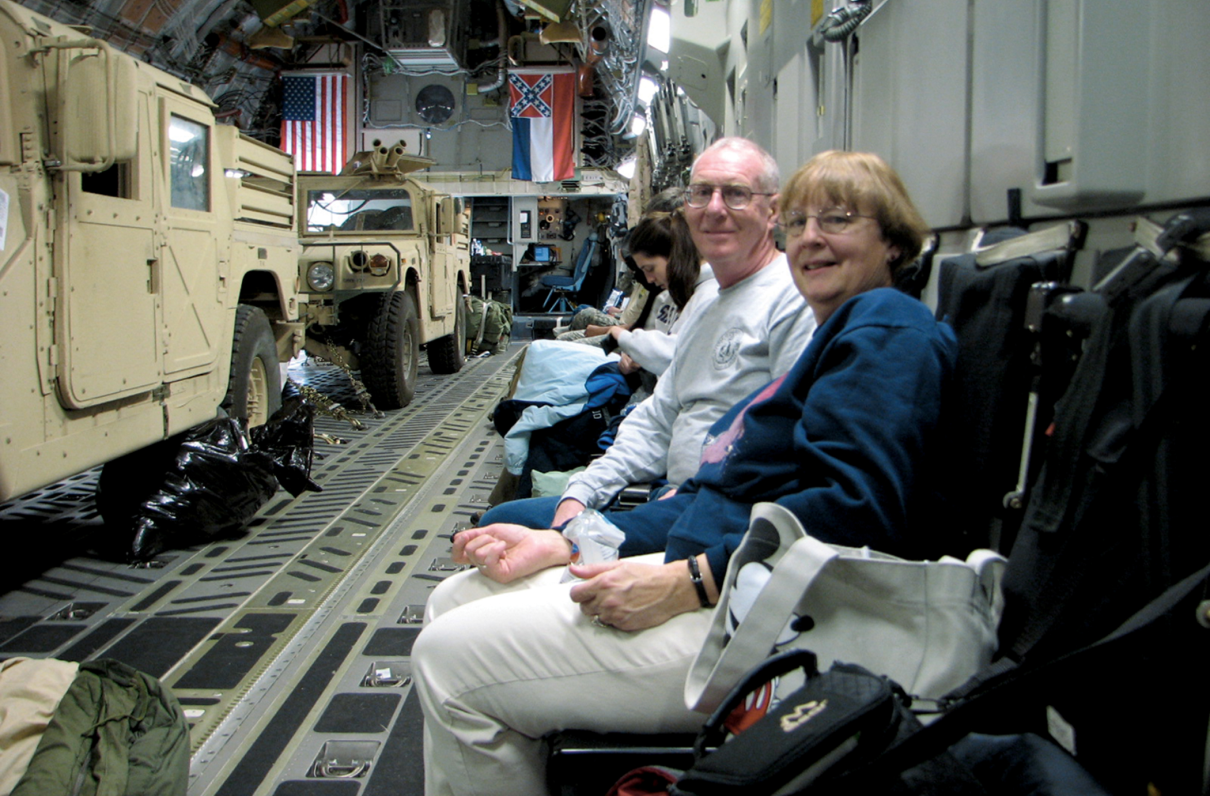(This article by freelance writer Patricia Kime originally appeared in Military Officer, a magazine available to all MOAA Premium and Life members. Learn more about the magazine here; learn more about joining MOAA here.)
Doug Nordman is different from most 56-year-old military retirees. For one thing, he hasn't worked since he hung up his cover. No second career, no office commute, no corporate uniform of suits, dress shirts, and ties. Since leaving the military in 2002 after 20 years as a Navy submariner, the Naval Academy graduate has spent his days surfing, writing, and enjoying the sweet life in Mililani, Hawaii, with his wife, Marge, also a retired Navy officer who went to the Naval Academy.
“In 1999, when I was doing the Navy's transition program, taking those career assessment surveys, the results … said I'd make a great middle-level manager or a nuclear engineer,” the retired lieutenant commander says. “I was like, 'Oh, great. I've already done that.' I was griping to my father-in-law about this, … and he said, 'Why would you want to work when you retire?' So I started wondering if it was possible.”
The Nordmans had always lived frugally, starting in college when they were too busy to spend their monthly stipend and later saving substantial amounts of their paychecks while both were at sea. They eventually adopted a habit of living off one Navy paycheck and banking the other.
At his 17-year mark, Nordman and his wife realized they had saved enough to retire and never work again - factoring in military retirement pay. They decided they would stay home, raise their daughter, and pursue their interests.
“We lived in Hawaii, and people kept saying, 'What are you going to do, surf all day?' I had never surfed in my life. So as a joke, the day I retired, my whole family took a surfing lesson, and ... I was hooked,” Nordman says.
Along with taking up water sports, Nordman started a blog, The Military Guide, and wrote a book, The Military Guide to Financial Independence & Retirement(Impact Publications). He is working on a second book, a two-part series calledThe Military Guide to Insurance Decisions. He donates all profits from his publications to military and veterans' charities.
The biggest concern weighing on military personnel considering retirement, Nordman says, is wondering how they will fill their days. He says they shouldn't worry. “Once you retire and become responsible for your own entertainment, you'll find all kinds of stuff to do all day. It works out fine.”
Nordman says that while full retirement is not for everyone, financial independence is achievable, and it can free up retired military personnel to pursue their life's passions.
“It's driven largely by personality and imagination. What do you want to do? Some people want to help others. Military people make great entrepreneurs because they often don't want to be told what to do anymore. In my case, I loved writing.”
Military Officer Magazine
Discover more interesting stories in MOAA's award-winning magazine.


